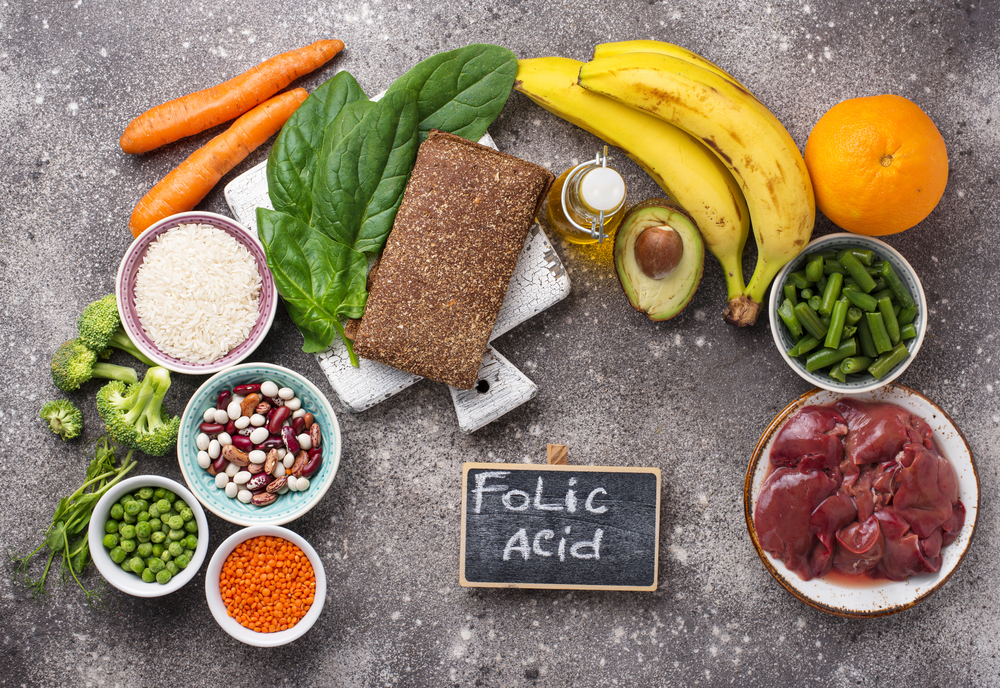
Everything You Need to Know About Folic Acid
Everybody needs optimal nutrition, especially pregnant women. Indeed, having a baby on the way doubles the vitamin requirements, and folic acid should be first on your list. While it’s generally beneficial for the body, the supplement known as B9 is crucial for babies. It prevents congenital disabilities of the brain and spinal cord, ensures optimal growth, and reduces prenatal risks. Moreover, you can easily find folic acid in natural resources. Here’s what you need to know about folic acid:
What Is Folic Acid?
Folic acid is a synthetic form of a B vitamin called folate. The latter helps your baby’s neural tube develop into its brain and spinal cord and is crucial in creating red blood cells. Typically, fortified cereals are the best sources of folic acid, but citrus fruits and leafy green veggies are also rich in folate.

How Does Folic Acid Work?
Everyone needs folic acid for proper body growth and development, but pregnant women need it more than anyone. Folic acid reduces the risk of various complications that may happen during the prenatal period. In turn, adequate folic acid intake during pregnancy helps reduce the risk of:
- Heart disease
- Stroke
- Some types of cancers
- Alzheimer’s disease
Since DNA is created by your body using folic acid, it’s also crucial in ensuring the seamless growth of babies. Folic acid is necessary throughout pregnancy to support your unborn child’s early neural tube and nervous system development.
What Are the Benefits of Folic Acid?
Insufficient folic acid in your body can adversely affect your baby’s neural tube. As a result, it may not close correctly and lead to various health problems. Some of the common neural tube defects include:
- Spina bifida – incomplete spinal cord development;
- Anencephaly – incomplete brain development;
Both cases are very problematic, as the lifespan of anencephalic infants is typically short, and spina bifida can result in lifelong disabilities. Fortunately, taking adequate folic acid may reduce your baby’s risk of neural tube abnormalities by at least 50%.
Moreover, getting enough folic acid may lower the risk of having another child with a neural tube defect by as much as 70%. If you have a history of a kid with a neural tube defect, you should take 4 mg of folic acid daily.
Apart from prevention, taking folic acid before and during pregnancy can protect your baby against the following cases:
- Cleft lip and palate
- Premature birth
- Low birth weight
- Miscarriage
- Poor growth in the womb
When Is The Right Time to Start Taking Folic Acid?
Birth abnormalities usually occur in the first trimester or the beginning of the second trimester. That’s why folate is crucial for the early stages of your baby’s brain and spinal cord forming. Typically, doctors advise mothers-to-be to take prenatal vitamins with folic acid.
But taking such supplements at least a year before pregnancy can reduce the risk of having early delivery by 50% or more. In this regard, it’s safe to say that taking a standard folic acid dosage daily for at least a month before pregnancy can help a lot. Of course, not all prenatal vitamins are the same, and you should carefully choose them.
How Much Folic Acid Should I Take During Pregnancy?
The standard dosage for all women of childbearing age is 400 mcg daily. Taking the same amount will usually suffice in the first trimester of pregnancy. However, it’s recommended that you increase the dosage to 600 mcg after the fourth month and to 500 mcg while breastfeeding.

If you’re taking multivitamins, you should check if they contain the recommended amount. But instead of relying solely on supplements, you should also look for folic acid in natural resources. Foods like fortified cereals, beef liver, lentils, spinach, and many more will guarantee a diet rich in vitamin B9.
Why Is Folic Acid Crucial During Pregnancy?
Undoubtedly, folic acid is vital to the general well-being of the human body. In this regard, it’s safe to say that it’s not only important during pregnancy. Every childbearing woman should ensure she takes an adequate amount of folic acid daily. Ultimately, maintaining a desirable intake will provide a healthy life with minimal risk for your baby.









